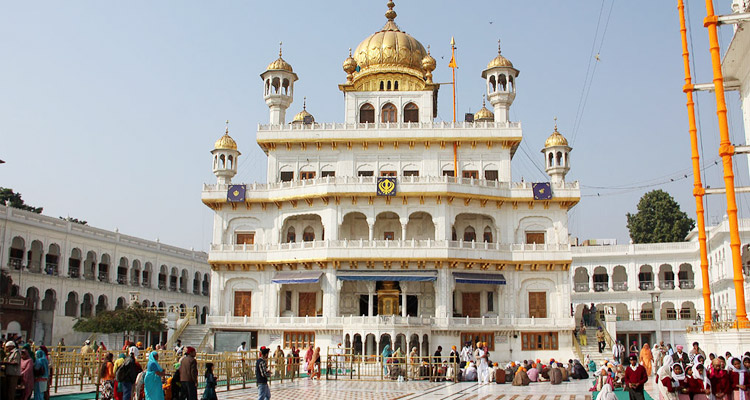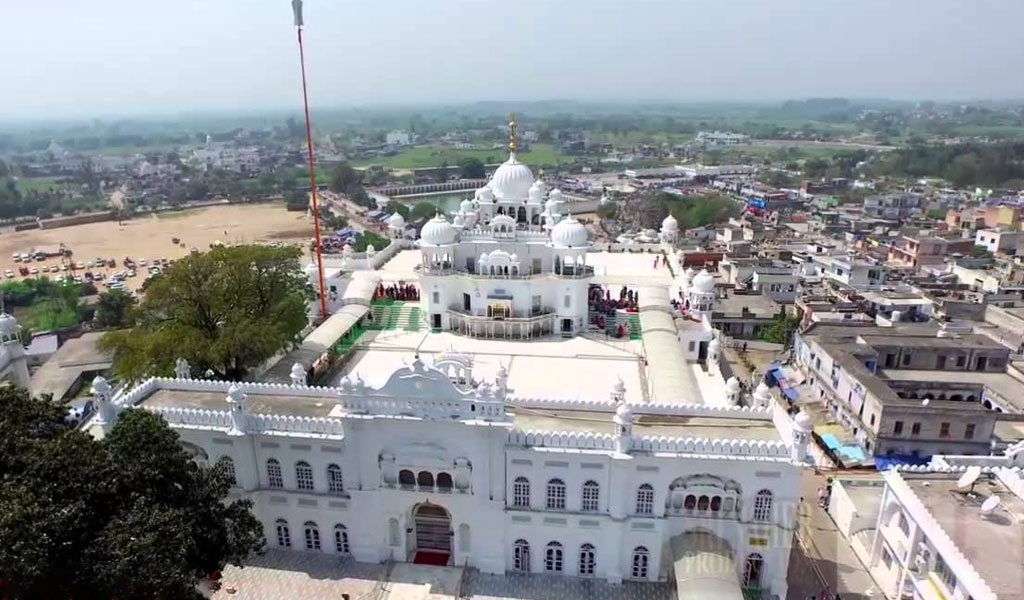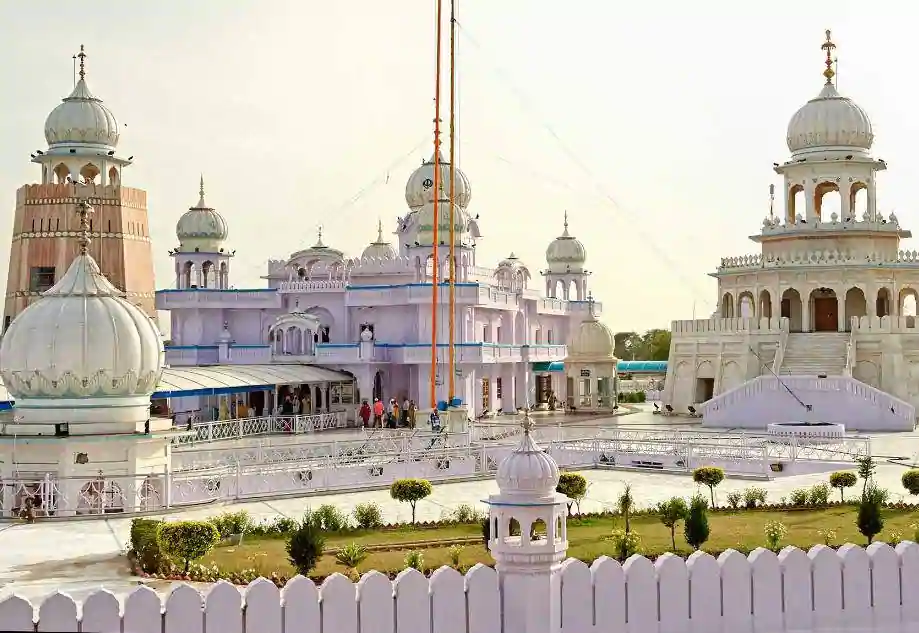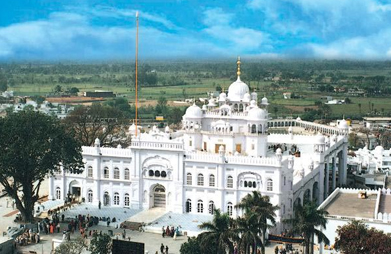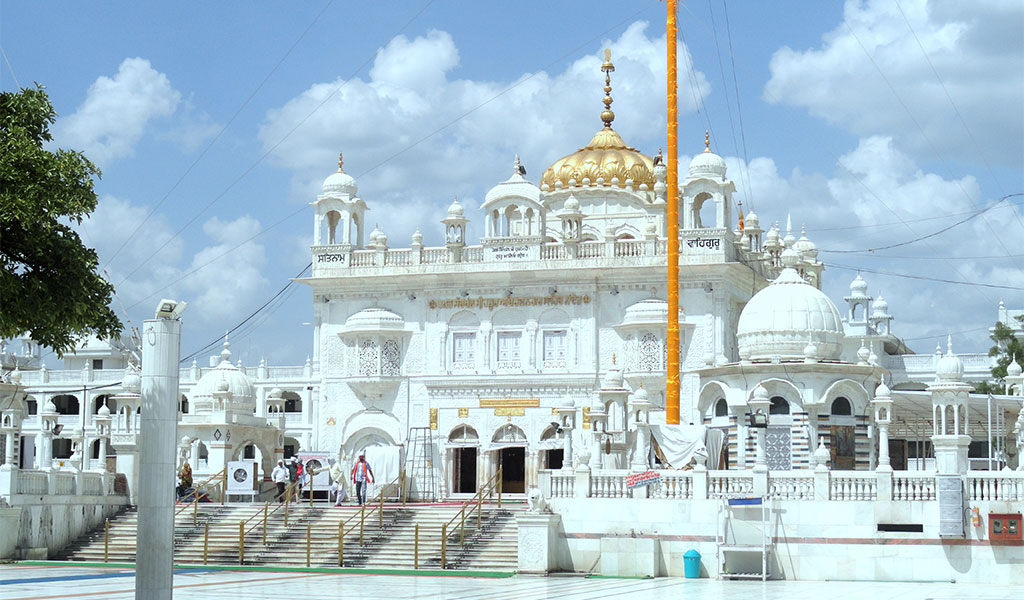Five Takhats
“Takht” or “Takhata” literally translates to a throne or a seat of authority. It is a direct result of the great historical growth of Sikhism, which is the primary religion in the northern regions of India. That said, Sikhs have made an impact not only across India, but also across the world.
Takht or Taḵẖata (ਤਖ਼ਤ), which literally means a throne or seat of authority, are the spiritual & temporal centre of Sikhism. There are five Takhts and these Takhts are five gurudwaras which have a very special significance for the Sikh community. The first and the most important one was established by Guru Hargobind in 1609. It is called ‘Akal Takht‘ (the Throne of the Timeless God) and is situated just opposite the gate of Harmandir Sahib – The Golden Temple, Amritsar. While the Harmandir Sahib, or Golden Temple, represents Sikh spiritual guidance, the Akal Takht symbolizes the dispensing of justice and temporal activity. It is the highest seat of temporal authority of the Khalsa and the seat of the Sikh religion’s earthly authority. Here the Guru held his court and decided matters of military strategy and political policy. Later on, the Sikh Nation (Sarbat Khalsa) took decisions here on matters of peace and war and settled disputes between the various Sikh groups. The Sarangi singers sung the ballads of the Sikh Gurus and warriors at this place and robes of honour (saropas) were awarded to persons who rendered distinguished services of the community of men in general.

